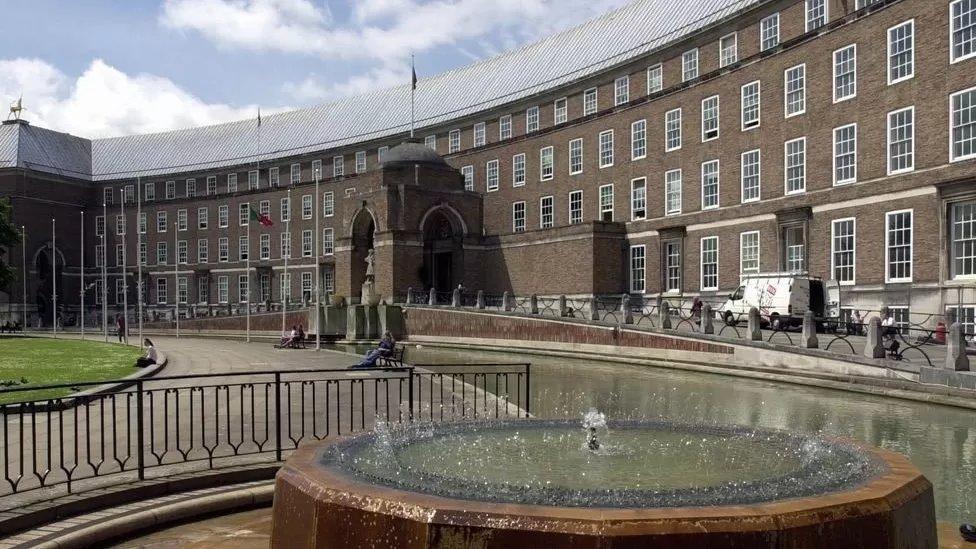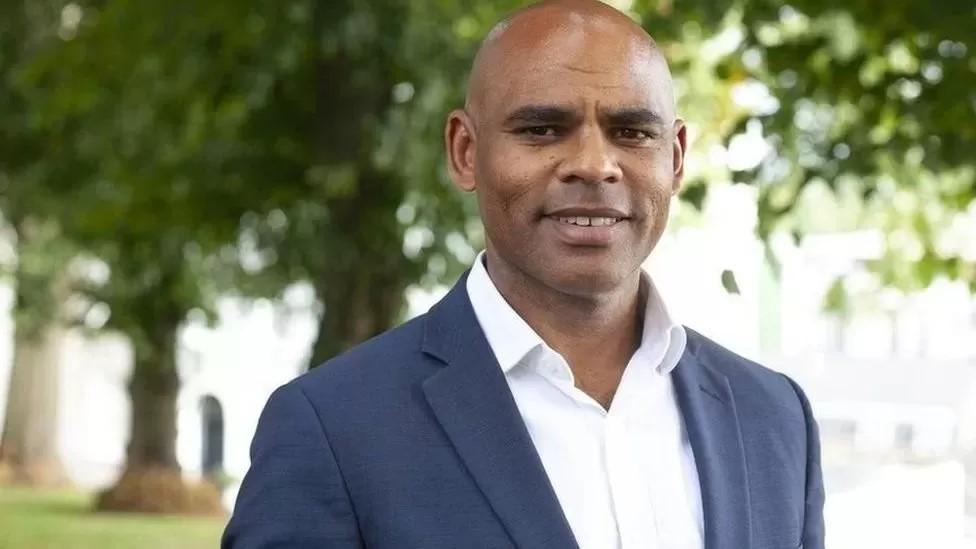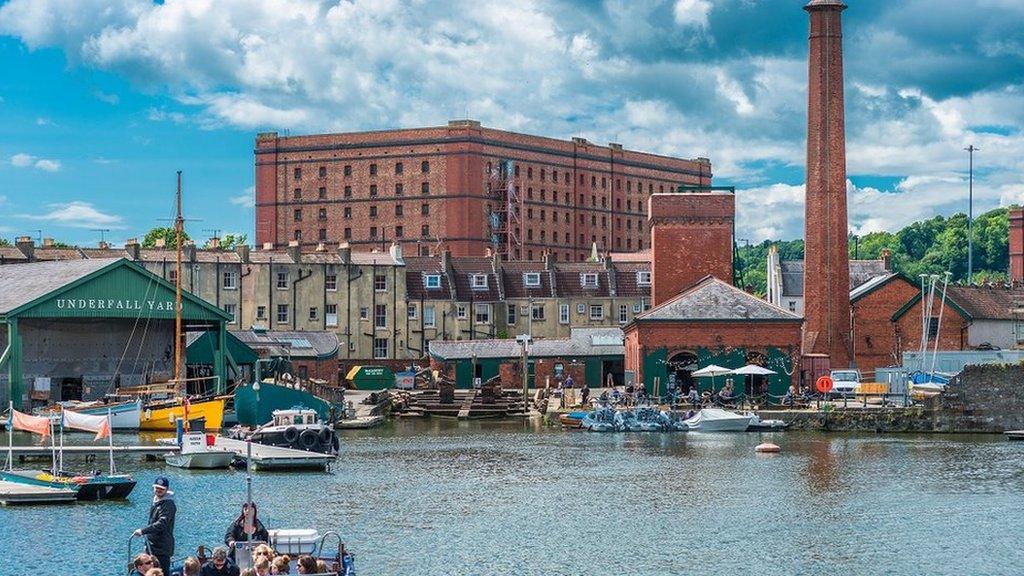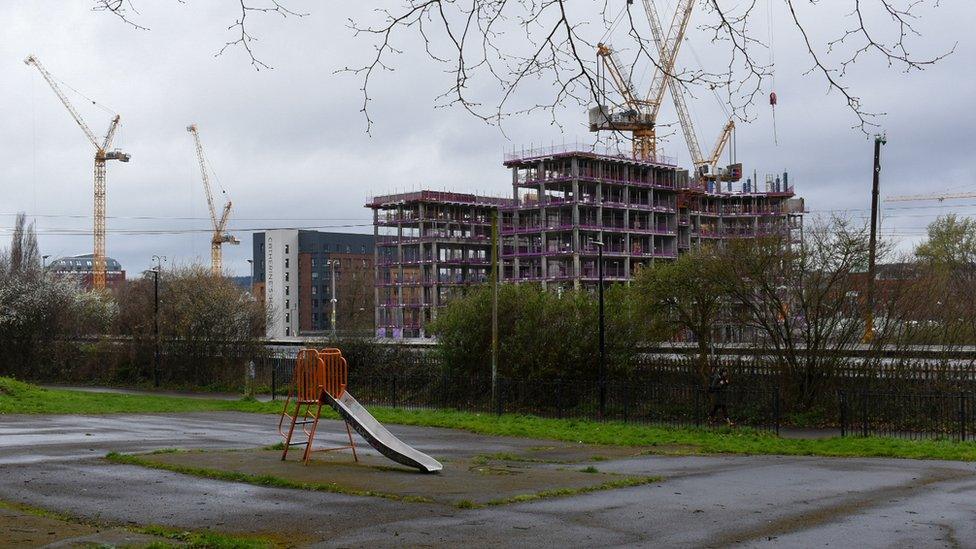Bristol City Council to be run by seven committees
- Published

The council will be switching to a committee-based system
Councillors designing how Bristol City Council will be run have voted to set up seven policy committees.
Following the next local elections in May, the council will switch from being run by a directly-elected mayor to a series of committees.
A working group of councillors chose the number of committees at a meeting on 31 March.
The details of what each committee will do has been left for council staff to consider in detail.
The seven committees would likely cover strategy and resources, children and education, economy and skills, environment and energy, health, care and wellbeing, homes and communities and transport, the Local Democracy Reporting Service said.

Marvin Rees will step down as mayor after the next local elections
Each committee would likely have nine seats, spread evenly across political parties to reflect the wider political balance in the council, and they could meet about eight to 10 times a year.
As well as the seven policy committees, several regulatory committees would continue similarly to how they currently operate.
These would cover development control, licensing, human resources, public rights of way and public safety.
Labour councillor Marley Bennett said: "You want these committees to have a wide enough focus that they can look thematically at issues.
"My concern is that if we chose the proposal based on the cabinet portfolios you would end up with too many committees so councillors would have too many meetings and that would take away from the quality of input into policy development."
Green councillor Heather Mack added: "The corporate themes are adapting and changing depending on what we judge the needs of the city are.
"And they'll change so I think the committees should be changing. I also think they'll change as the political makeup of the council changes because different political values will have different ideas about problems."

Follow BBC West on Facebook, external, Twitter, external and Instagram, external. Send your story ideas to: bristol@bbc.co.uk , external
Related topics
- Published3 April 2023

- Published31 March 2023

- Published30 March 2023
